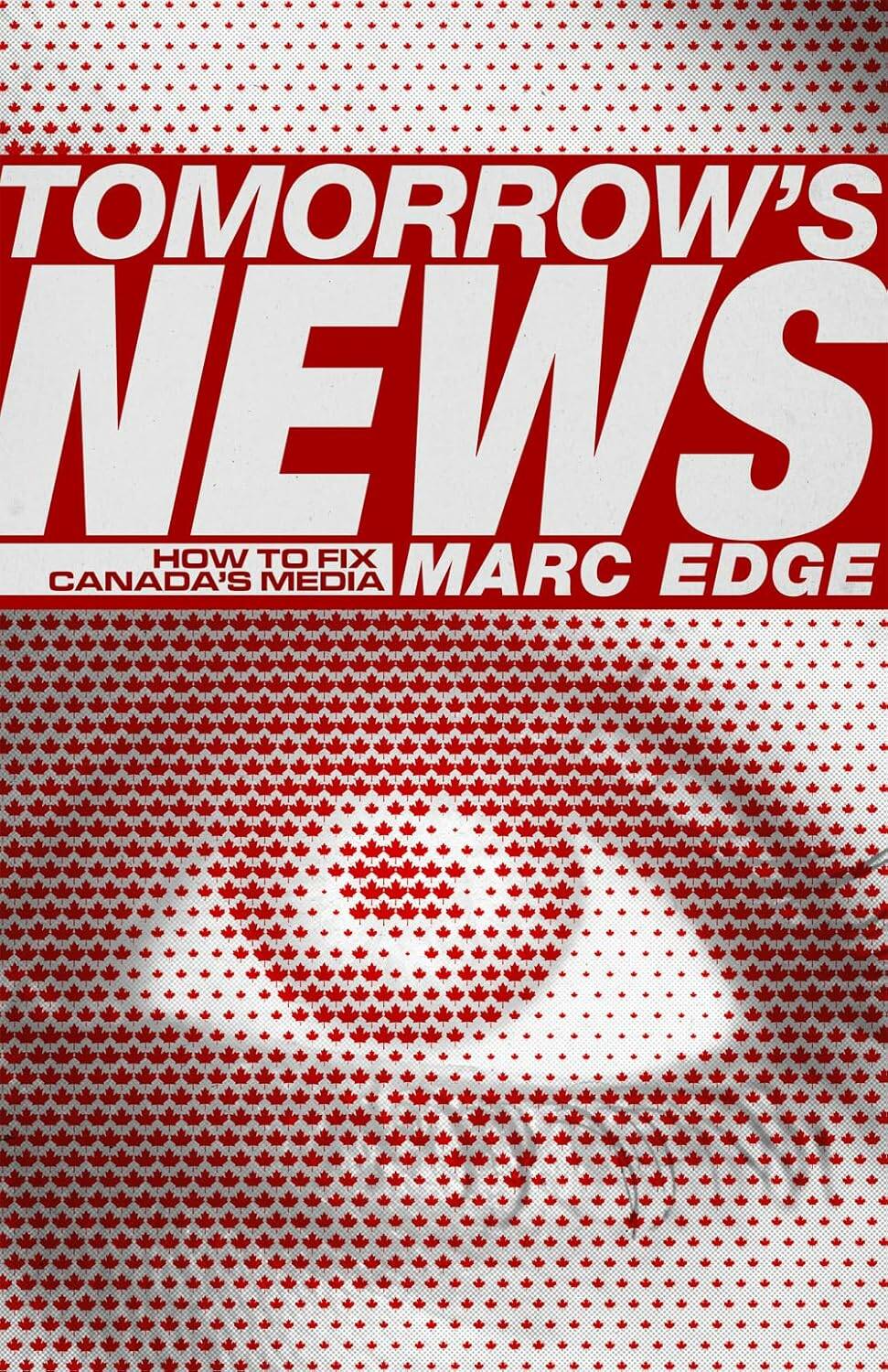No quick and easy fix for shifting news landscape
Advertisement
Read this article for free:
or
Already have an account? Log in here »
To continue reading, please subscribe:
Monthly Digital Subscription
$0 for the first 4 weeks*
- Enjoy unlimited reading on winnipegfreepress.com
- Read the E-Edition, our digital replica newspaper
- Access News Break, our award-winning app
- Play interactive puzzles
*No charge for 4 weeks then price increases to the regular rate of $19.00 plus GST every four weeks. Offer available to new and qualified returning subscribers only. Cancel any time.
Monthly Digital Subscription
$4.75/week*
- Enjoy unlimited reading on winnipegfreepress.com
- Read the E-Edition, our digital replica newspaper
- Access News Break, our award-winning app
- Play interactive puzzles
*Billed as $19 plus GST every four weeks. Cancel any time.
To continue reading, please subscribe:
Add Free Press access to your Brandon Sun subscription for only an additional
$1 for the first 4 weeks*
*Your next subscription payment will increase by $1.00 and you will be charged $16.99 plus GST for four weeks. After four weeks, your payment will increase to $23.99 plus GST every four weeks.
Read unlimited articles for free today:
or
Already have an account? Log in here »
Hey there, time traveller!
This article was published 08/02/2025 (290 days ago), so information in it may no longer be current.
Marc Edge believes the Canadian media, especially print media, is in big trouble.
“The bottom fell out in Canada’s news media in 2023,” he writes in Tomorrow’s News, “and it kept falling in 2024.”
But, with the subtitle of his new book, How to Fix Canada’s Media, it’s clear he has a solution. Or a few.

Tomorrow’s News
Using extensive research, Edge shows examples of different journalistic models that have worked — and many that haven’t — throughout North America and as far away as New Zealand.
But first he looks at what went wrong — how the model of using advertising to pay the bills heightened when the world went digital and people stopped using the classified section.
So many U.S. newspapers were closing by 2009 that it led to “macabre death pool predictions of which would be the next to fall,” Edge writes.
But, he notes, the traditional model was already eating away at the fundamentals of journalism. Advertisers could sway what stories were being printed, leading to an increasingly lower amount of space for hard news and more for “fluff” that attracts ads — real estate, cars, entertainment and sports.
A lot of that, he points out, has been going on for decades.
“Newspapers arguably crossed the Rubicon when they suppressed news of studies that linked cigarette smoking to cancer because tobacco companies were among their biggest advertisers.”
And then things got worse. In the early 2000s, political companies, special interest groups and large corporations started putting out what were disguised as community newspapers but were really “pink slime” — named after a controversial meat by-product that reportedly was sometimes found in fast food burgers.
And that was further heightened in Donald Trump’s “fake news” America.
“The explosion of faux news in the U.S. was indeed not limited to Republicans,” Edge writes, noting a Salon article that said many Democrats believed they needed to “fight fire with fire.”
Edge says the question of whether to subsidize news in Canada is moot. But he does show some compelling models where subsidizing has worked internationally.
While his writing gets bogged down by a lot of numbers — he has chronicled the economics of newspapers extensively — Edge is clearly passionate about what he writes.
The B.C.-based writer has over 50 years of journalism experience and seven books on the topic of newspapers.
And it seems he believes it’s in part up to him to save the once-noble industry.
“In the absence of a forward-looking federal government more concerned with the public interest than serving the entrenched interests of Big Media, it falls to efforts such as this book to help chart a course forward.”
Alan MacKenzie is a Winnipeg-based writer and subscribes to his local newspaper.
History
Updated on Wednesday, February 12, 2025 3:12 PM CST: Adds quote continuation in second paragraph; corrects typo.


